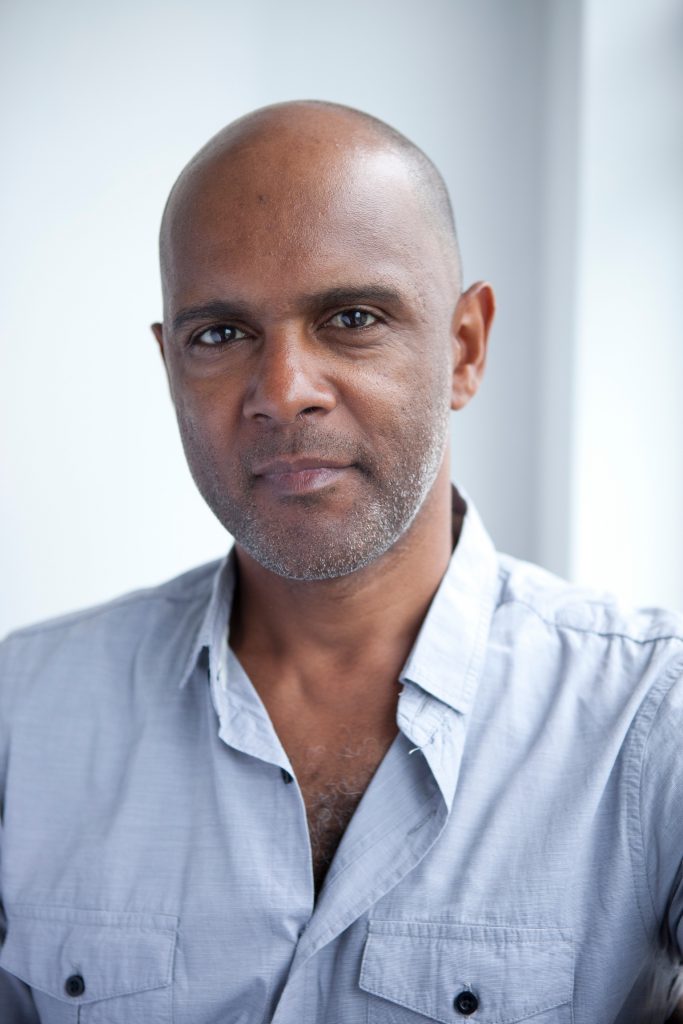Birrarangga.
In the Woiwurrung language of the Wurundjeri people, it means “river location”.
It’s a fitting name for an inaugural Indigenous film festival, not only because it’s been held only a few metres from the banks of the Yarra River, but because of the role rivers have played in connecting Indigenous people not just in Australia, but across the world.
“We came up with a lot of ideas for names when we were brainstorming, and this felt the most logical”, explains festival curator Tony Briggs.
“There’s something important to me, from an Aboriginal point of view, of how rivers connect cultures all over the world. What I’ve discovered in my life, and in my travels is that Aboriginal cultures are very similar in customs and beliefs, and so it’s a nice way of joining us all together.”
Briggs, a Wurundjeri (Woiwurrung) / Yorta Yorta screen creator and actor has dedicated much of his career to sharing Indigenous stories, most prominently as the writer of the Helpmann Award-winning play and subsequent screen adaptation of The Sapphires. The Birrarangga Film Festival continues that trend by bringing 40 feature, VR, and short films by Indigenous filmmakers from across the world to ACMI from April 26 – 29.
For Briggs, the inaugural festival marks the realisation of a vision he’s been wanting to develop for a long time.
“We’ve got a very rich history of filmmaking in this country from an Indigenous point of view, and it really felt like I had to make (the festival) happen.”
The decision to feature international Indigenous stories alongside national films came after a visit to the 2018 ImagineNATIVE festival in Toronto. There, he joined a variety of Indigenous storytellers driven by a vital need to put their stories to film and share them with the world.
“Aboriginal stories and storytellers in this medium don’t really have a lot of opportunity to show their culture the way they want to, in their voice, on their terms,” says Briggs.
“I was really excited by the possibility to highlight how extensive that (issue) is on an international level, and in doing so bring more attention to storytellers in this country.”
By combining these films into a focused program, Birrarangga provides context that elevates awareness of Indigenous culture and stories on a universal level in a way traditional festivals can’t emulate.
That’s represented distinctly in the opening night film Sgaawaay K’uuna (Edge of the Knife), the first film entirely made in the language of the Haida Gwaii people who live on an archipelago off British Colombia’s west point. Today, less than 60 people speak Haida, and most are over 70.
Other highlights, including Mankiller, a documentary about Wilma Mankiller, the first woman elected Principal Chief of the Cherokee Nation, and Birth of the Family, which follows the reunification of four siblings decades after they were torn about by Canada’s infamous ‘Sixties Scoop’, reflect the shared struggles of Indigenous people globally. But there are also laughs, and love, and a strong sense of community to be found here.
That sense of community lies at the core of Birrarangga’s purpose. The festival exists not just to provide visibility for the films, but to provide support for filmmakers. In-conversation sessions with leading actor and activist Gary Foley and Yorta Yorta musician Allara Briggs Pattison, as well as a Global Indigenous Female Screen Creatives panel, are just some of the ways the festival’s doing just that.
“I’ve been in this business for 30 years, and when I look back at the opportunities now compared to the opportunities that were there when I started out…I see how what got me through was the community, the family aspect”, Briggs recalls.
“Now, with the experience that I’ve got, and the opportunities I have, it’s important for me to provide opportunities for the next mob coming through. I have the capabilities to help these people and it’s what I want to do.”
Ultimately, Briggs hopes the experience audiences will have at Birrarangga Film Festival will not just entertain, but provide fresh insight into the storytelling talent of Indigenous people across the world.
“By telling our stories on the screen, we talk in the same language, and I hope people can see that, and understand that Aboriginal filmmaking has a bright future ahead.”
—
The Birrarangga Film Festival runs from April 26 – 29 at ACMI.
To view the full program, and to purchase tickets, click here.

